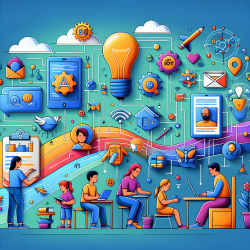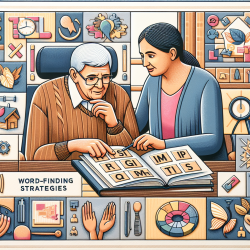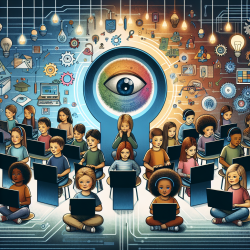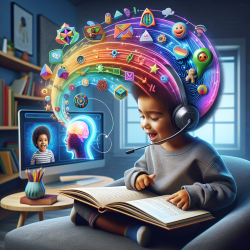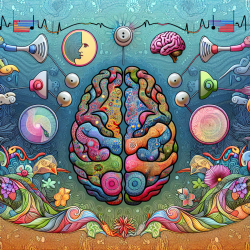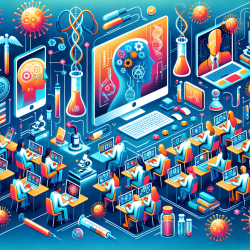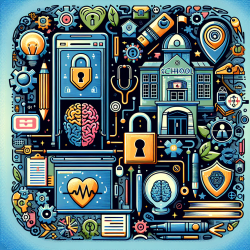Applied Behavior Analysis (ABA) is a well-established method for improving various skills in children with special education needs (SEN), particularly those with autism spectrum disorders (ASD). A recent study titled Internet of Things (IoT)-Enhanced Applied Behavior Analysis (ABA) for Special Education Needs highlights how IoT technologies can significantly enhance the effectiveness of ABA therapy. Here, we delve into the findings and implications of this research, providing practical steps for practitioners to leverage these insights.
Understanding the Study
The research involved the development and testing of an Integrated Intelligent Intervention-learning system (3i-learning system), which combines AI and IoT technologies to personalize and optimize ABA therapy. The study included 15 students with ASD and moderate intellectual disabilities, and 10 teachers from a special school in Hong Kong. The findings revealed significant improvements in students' adaptive behaviors and identified relationships between IoT sensor data and learning performance.
Key Findings
- Personalized Learning: The 3i-learning system uses AI to create individualized education plans (IEPs) and personalized learning objects (LOs), enhancing the effectiveness of ABA therapy.
- Physiological and Environmental Monitoring: IoT sensors track physiological data (e.g., electrodermal activity, skin temperature) and environmental factors (e.g., CO2 levels, humidity) to provide a comprehensive view of factors affecting learning.
- Significant Relationships: The study found correlations between environmental factors like CO2 levels and students' learning performance, suggesting that optimizing the learning environment can enhance therapy outcomes.
Practical Implementation
Practitioners can enhance their ABA therapy sessions by incorporating IoT technologies as follows:
- Utilize IoT Sensors: Integrate sensors to monitor physiological and environmental data. This information can help tailor the learning environment to each student's needs.
- Leverage AI Tools: Use AI-powered systems to create and adjust IEPs based on real-time data, ensuring personalized and effective therapy sessions.
- Training and Support: Provide comprehensive training for caregivers and teachers to effectively use these technologies, ensuring consistent and optimized therapy across different settings.
Encouraging Further Research
While the study provides promising results, further research is essential to explore the full potential of IoT-enhanced ABA therapy. Key areas for future research include:
- Investigating the long-term impact of IoT-enhanced ABA therapy on various SEN populations.
- Exploring additional physiological and environmental variables that could influence therapy outcomes.
- Developing cost-effective IoT devices tailored for SEN students to ensure broader accessibility.
By embracing these innovative approaches, practitioners can significantly improve the outcomes of ABA therapy for children with SEN, making quality therapy more accessible and effective.
To read the original research paper, please follow this link: Internet of Things (IoT)-Enhanced Applied Behavior Analysis (ABA) for Special Education Needs.
